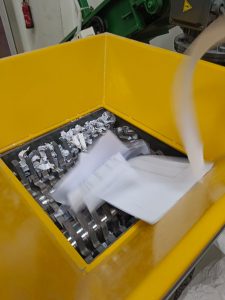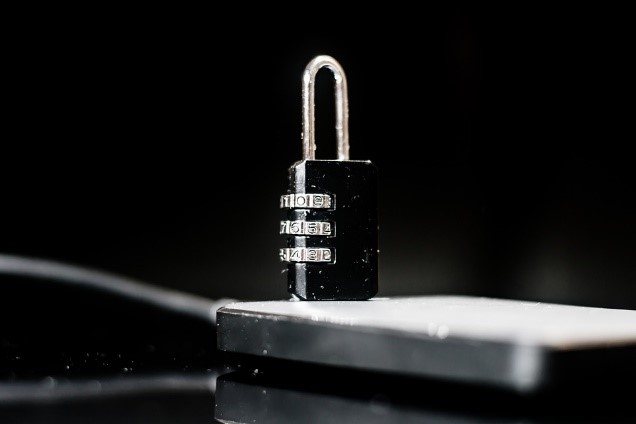In today’s digital age, protecting your personal information has become more important than ever. With hackers and identity thieves constantly on the lookout for sensitive data, it’s crucial to be proactive in securing your documents and disposing of them properly. In Singapore, there are strict regulations regarding the disposal of confidential information, and failure to comply can result in hefty fines and damaged reputations. In this article, we’ll explore the best practices for secure document disposal in Singapore and how to keep your information safe.
Shred It, Don’t Spread It
When it comes to document disposal, shredding is one of the most effective methods for keeping your information secure. By shredding your documents, you’re reducing the risk of someone getting access to your sensitive information. However, not all shredders are created equal. If you’re using a personal shredder, be sure to invest in a cross-cut shredder that cuts the paper into small, confetti-like pieces. This will make it much more difficult for anyone to piece together your documents.
For larger volumes of documents, it’s best to hire a professional shredding service. These companies use industrial-grade shredders to obliterate your documents, ensuring that they cannot be reconstructed. They also provide a certificate of destruction, giving you peace of mind that your documents have been properly disposed of.

Store Your Documents Securely
Before you can dispose of your documents, you need to store them securely. This means keeping them in a locked cabinet or safe that only you and authorized personnel have access to. This not only protects your documents from theft but also from damage due to environmental factors like humidity or sunlight.
In addition to physical security measures, it’s also important to have digital security measures in place. This includes password-protecting any files that contain sensitive information and ensuring that your computer and other devices are protected with antivirus software and firewalls.
Know What to Dispose Of
Not all documents need to be shredded or disposed of in a particular way. Knowing what documents to keep and what to dispose of can save you time and money in the long run. Here are some examples of documents that should be securely disposed of:
- Bank statements
- Credit card statements
- Tax documents
- Medical records
- Employment contracts
- Legal documents
Anything containing personal identifying information (such as your name, address, phone number, or NRIC/work permit number)
On the other hand, documents like receipts, utility bills, and pay stubs can typically be disposed of after a certain period of time. Check with your financial advisor or accountant for specific guidelines on how long you should keep certain documents.
Follow Regulations
In Singapore, there are strict regulations regarding the disposal of confidential information. The Personal Data Protection Act (PDPA) requires businesses to dispose of personal data in an appropriate manner that prevents unauthorized access or disclosure. Failure to comply with these regulations can result in fines of up to $1 million or imprisonment for up to 3 years.
If you’re a business owner, it’s important to have a data protection policy in place that outlines how you will handle and dispose of confidential information. This includes providing training to your employees on how to properly handle sensitive data.
Dispose of Electronics Properly
In addition to paper documents, electronic devices can also contain sensitive information that needs to be disposed of properly. This includes computers, hard drives, and mobile devices. Simply deleting files or reformatting your device is not enough to completely erase your data. Instead, you need to use specialized software or hire a professional service to ensure that your data is completely erased.
Many electronic manufacturers and retailers offer recycling programs for electronic devices. These programs ensure that your devices are disposed of in an environmentally-friendly manner while also protecting your data. For large quantity, it is advisable to engage professional destruction companies to handle.
In conclusion, secure document disposal is an important aspect of protecting your personal information in Singapore. By following best practices like shredding your documents, storing them securely, and disposing of electronics properly, you can reduce the risk of identity theft and protect your reputation. Remember to also follow regulations and seek professional help when needed. With these measures in place, you can rest assured that your sensitive information is safe.

